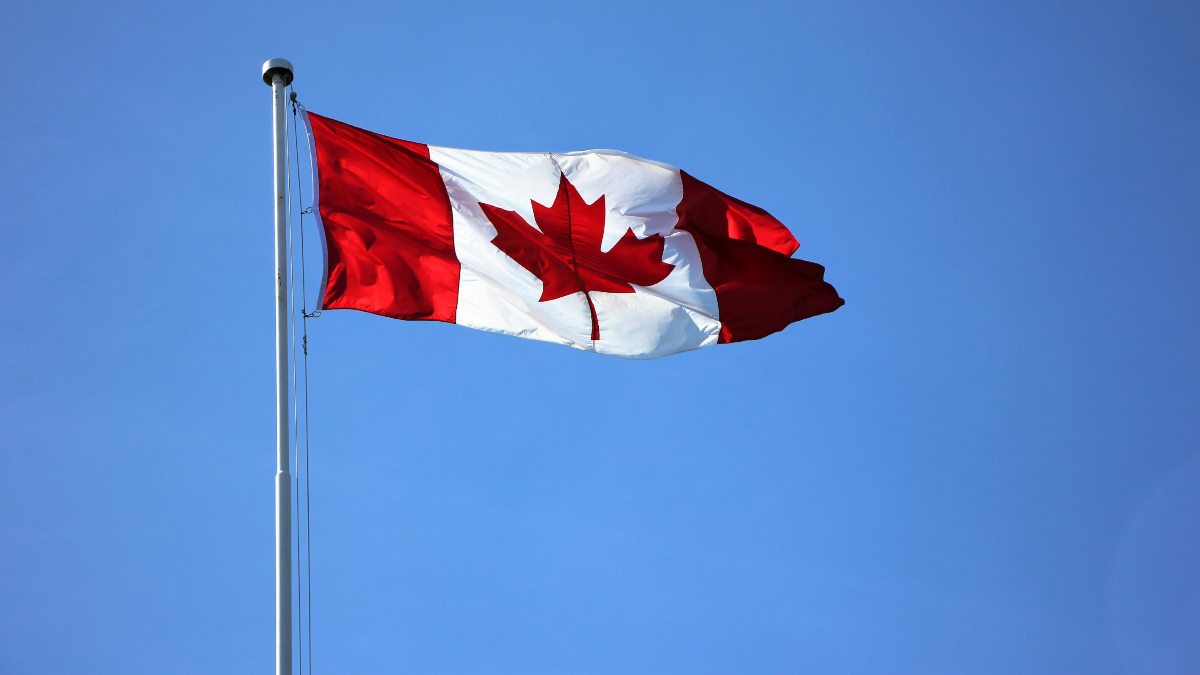Canada’s Immigration Minister Marc Miller revealed on Thursday a groundbreaking initiative to curtail the influx of temporary residents into the country, aiming to address a housing shortage and overburdened essential services. This move marks the first time Canada has proposed setting a cap on temporary immigration.
Over recent years, Canada has witnessed a significant surge in international students, foreign workers, and other temporary residents arriving on time-limited visas. Prime Minister Justin Trudeau’s government has leaned on immigration to fuel economic growth and fill labor gaps. However, mounting political pressure has highlighted concerns that these policies are exacerbating housing shortages and straining essential services, such as education and healthcare.
Minister Miller outlined the government’s plan, aiming to reduce temporary residents to 5% of the total population over the next three years, down from 6.5% in 2023, representing approximately a 20% reduction from the 2.5 million temporary residents in 2023. He emphasized the necessity of maintaining a sustainable level of temporary residents entering the country.
“We need to ensure the number of temporary residents entering the country is at a sustainable level,” Miller asserted during a press briefing in Ottawa.
In a significant shift, the government will expand the immigration levels plan to encompass both temporary and permanent resident arrivals, commencing this fall. Miller announced plans to convene a meeting with provincial and territorial counterparts in May to finalize the strategy.
“This is a crucial step towards balancing our immigration policies to ensure the well-being of our communities,” Miller added.
In previous announcements, the Trudeau government disclosed intentions to halt the escalation of immigration for permanent residents from 2026 onwards. In January, Canada unveiled a two-year cap on the intake of foreign students and announced the cessation of providing work permits to some students post-graduation, aiming to regulate the influx of newcomers.

